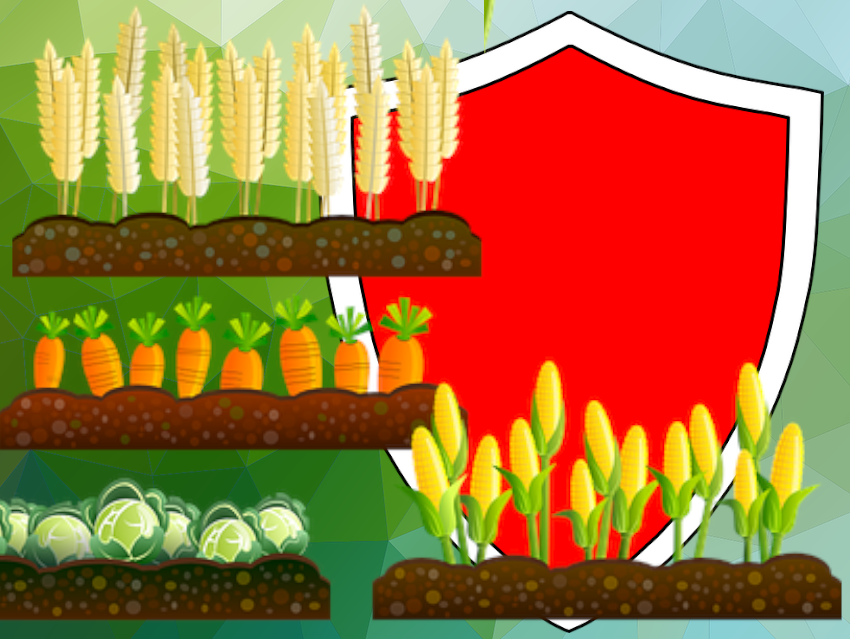Bayer is strengthening its commitment to innovation in regenerative agriculture with a €220 million investment in research and development (R&D) at its Monheim site in Germany. This is the company’s largest single investment in its crop protection business in Germany since the Monheim campus was established in 1979.
The new product safety complex, featuring laboratories, offices, and a greenhouse area, will accommodate approximately 200 employees. The primary focus lies in developing the next generation of chemicals for a sustainable future and enhancing the safety of crop protection products for both people and the environment. This investment also signifies a strong dedication to Europe as a business location and serves as a pivotal element in Bayer’s future vision for Germany.
The projected construction period for the new Monheim plant is approximately three years, with full commissioning targeted for 2026.
Science-based innovations play a pivotal role in establishing a sustainable and highly productive agricultural system capable of providing sustenance for a continually growing global population. Crop protection is instrumental in securing roughly 30 % of global yields, which translates to food for over 2 billion individuals and limits further changes in land usage within natural habitats.
In addition to residue analysis and metabolism studies in target crops, rotational crops, and livestock to ensure human safety, a significant emphasis will be placed on environmental safety. This will include exposure studies in diverse environmental segments, as well as safety assessments involving non-target organisms such as aquatic and soil organisms, wild birds and mammals, and crucial pollinators like honeybees and bumblebees. The overarching objective is to attain a comprehensive grasp of environmental exposure and the impacts of pesticides. Furthermore, the adaptable laboratory design allows for future adjustments in response to the dynamic global regulatory landscape.
- Bayer AG, Leverkusen, Germany




